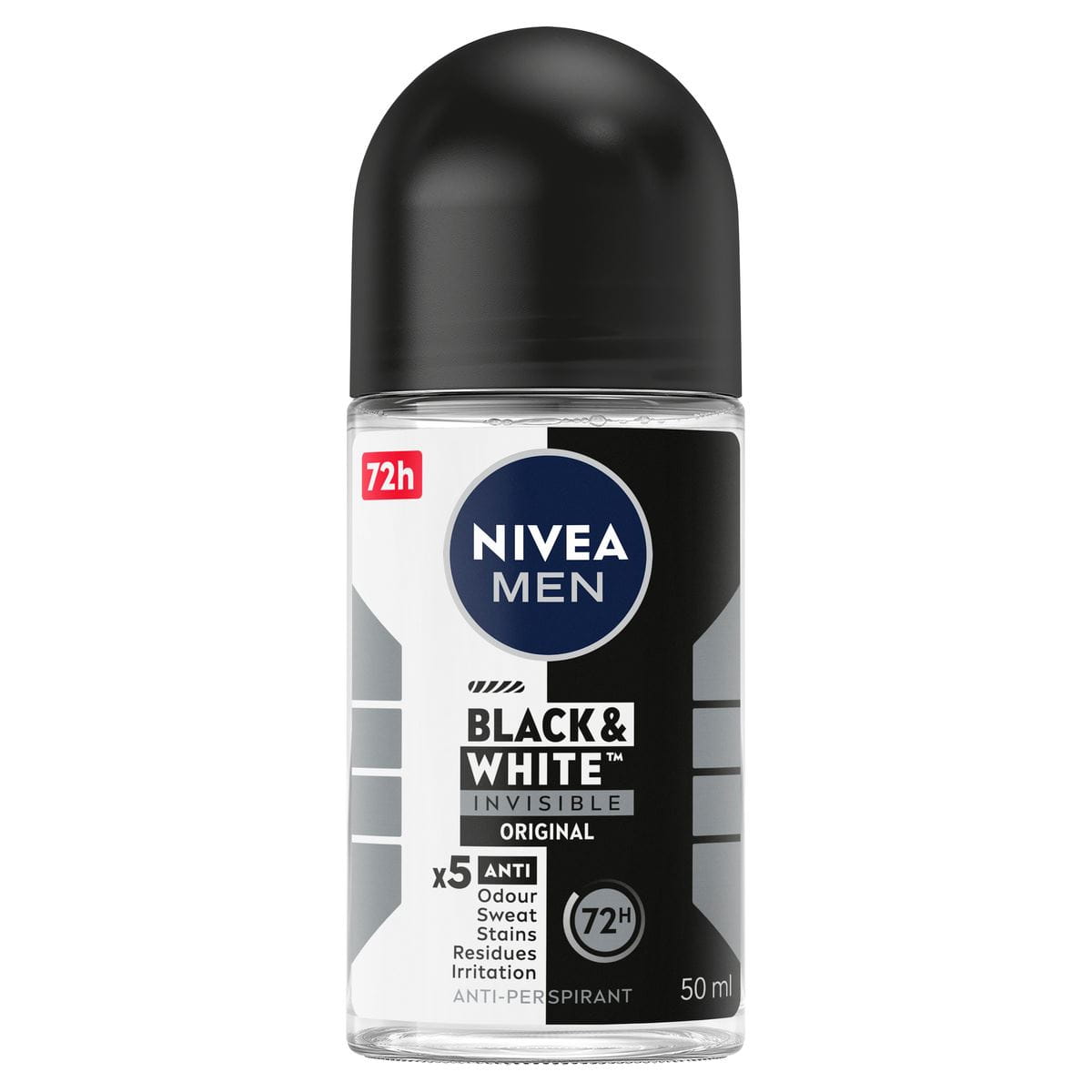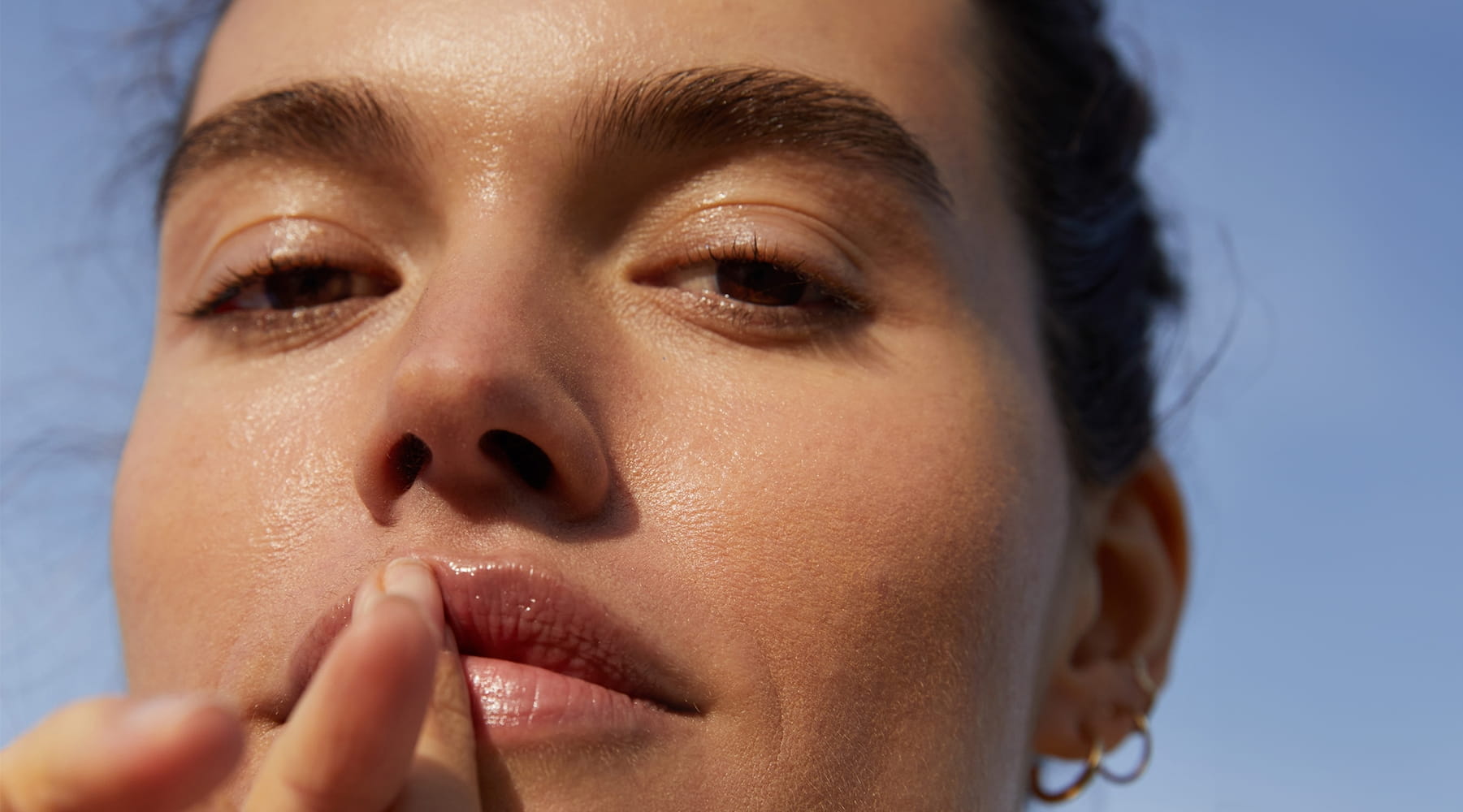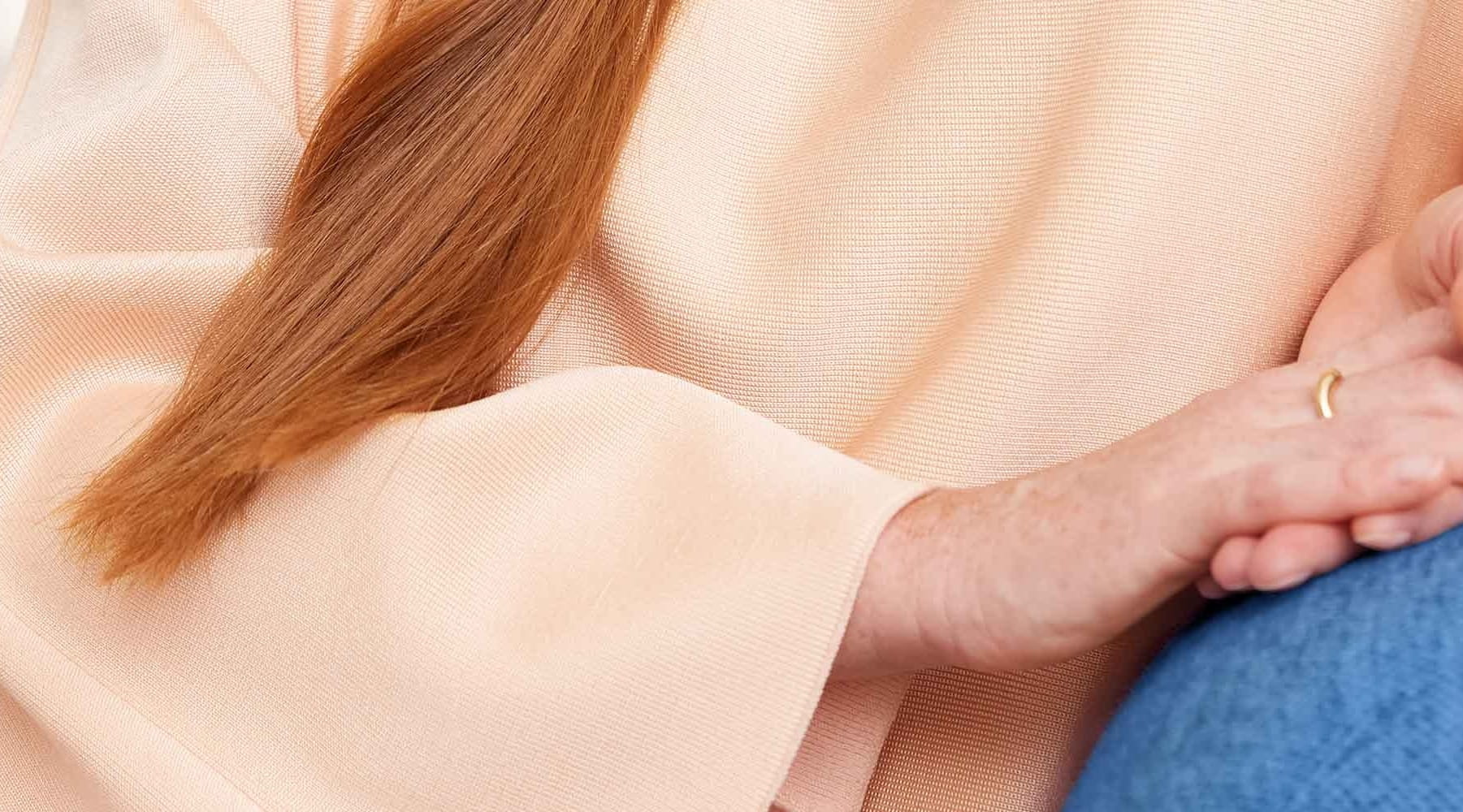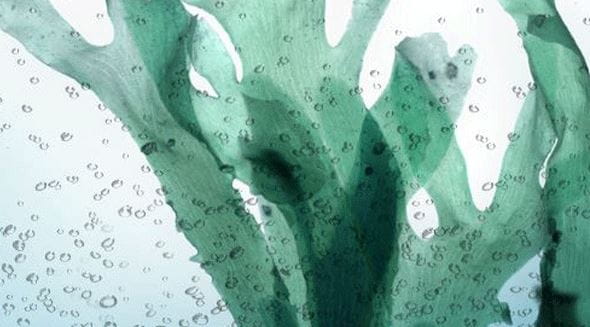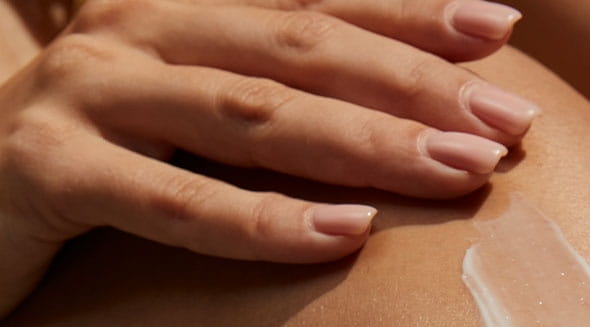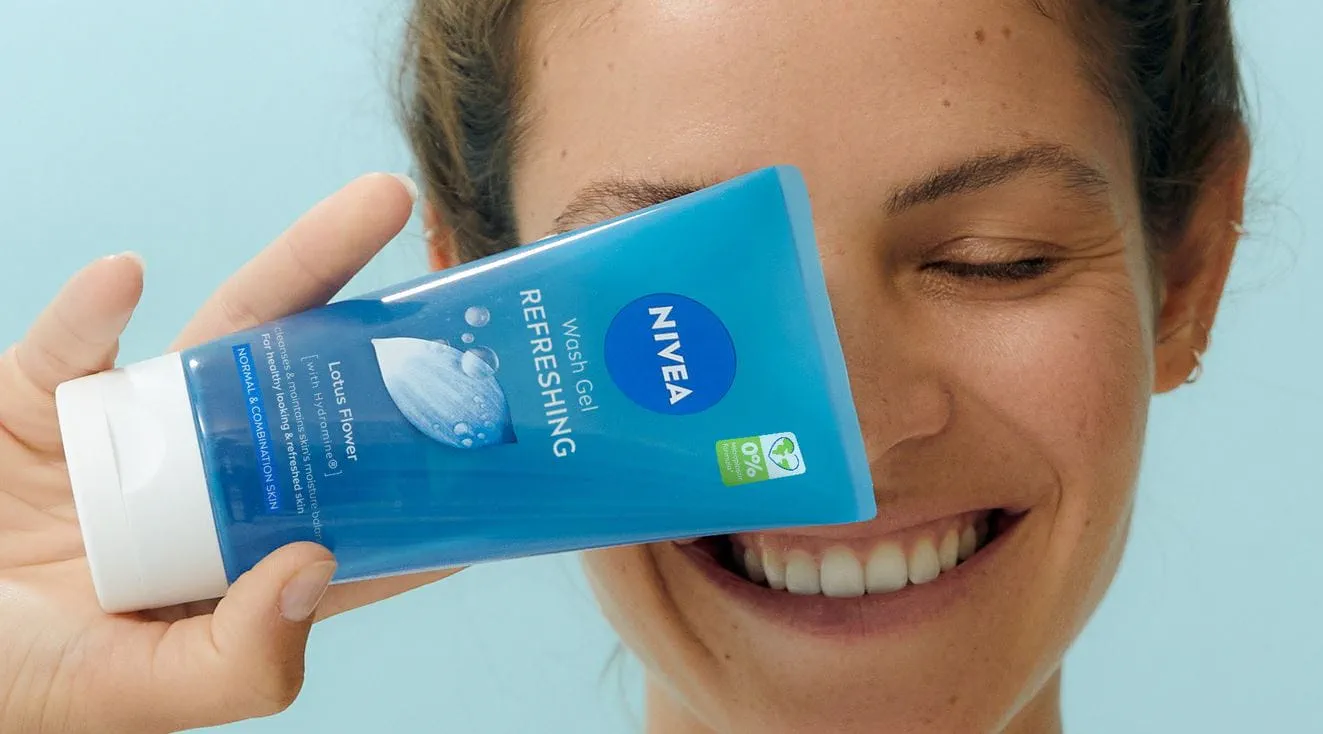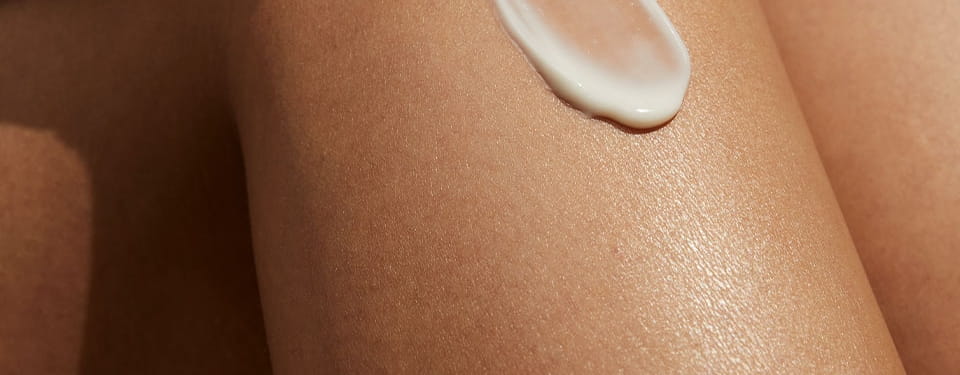
What Causes Body Odour?
Body odour can be a cause for extreme embarrassment if it’s not addressed. Like anything else, once you understand the source of body odour it’s easier to find the best ways to combat it.
WHAT IS BODY ODOUR?
Before it reaches the skin, your sweat is actually odourless. But, the reason you might notice bad body odour when you sweat is because of bacteria.
Beyond personal hygiene or the weather, there are many factors that contribute to your unique body odour. Some people have stronger body odours than others and no two people have an identical body odour. Like your genetic makeup or your fingerprint, your body odour is 100% unique to you.
SO, WHAT CAUSES BODY ODOUR?
Your body has two types of sweat glands - the apocrine and the eccrine. When the sweat from your apocrine sweat glands reaches the surface of your skin it reacts with perfectly normal skin bacteria, and gives off an unpleasant odour. Here are the differences between the two.
